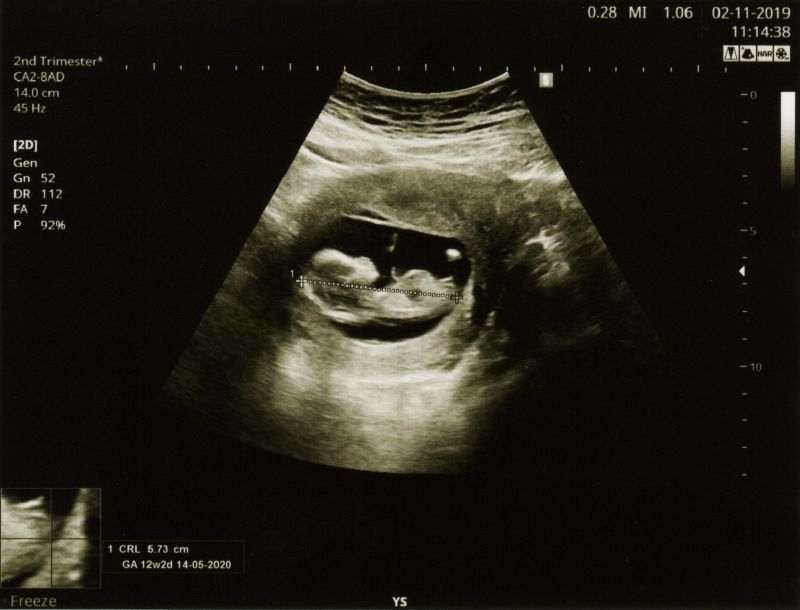
Vatican City, May 9, 2022 / 05:05 am (CNA).
The Vatican announced on Monday that Pope Francis has named Father Michael Woost as an auxiliary bishop of Cleveland.
Woost, 63, has served as a professor of liturgical and sacramental theology at the Saint Mary Seminary in Cleveland, Ohio, for more than 20 years.
The Cleveland-born priest is one of three priests in his immediate family. His two brothers, Father Dave Woost and Father Tom Woost, are also priests of the Diocese of Cleveland.
Bishop Edward Malesic, who has led the diocese since September 2020, welcomed the announcement of Woost’s appointment on May 9.
“This announcement is great news for the Diocese of Cleveland. I am grateful to the Holy Father Pope Francis for the appointment of Bishop-elect Woost as an auxiliary bishop,” Malesic said.
“He is a highly respected, capable, and faithful man who will be a good helpmate with me in shepherding the wonderful people of our diocese. I look forward to working closely with bishop-elect Woost and ask our people to pray for him as he prepares to be ordained as a bishop of our Church.”
Born in Cleveland on Sept. 17, 1958, Woost studied at St. Ignatius High School and Borromeo Seminary before he was ordained to the priesthood in 1984.
After his ordination, he obtained a master’s degree in theology from Saint Mary Seminary (1986) and a Licentiate in Sacramental Theology from the Catholic University of America (2000).
In his nearly 40 years as a priest, Woost has served as the co-director of the diocesan vocation office and the parochial vicar of the Immaculate Conception parish in Madison. He was recently named the interim director of the Cleveland diocese’s Office for Worship.
His episcopal ordination will take place at the Cathedral of St. John the Evangelist on Aug. 4.
The Diocese of Cleveland serves nearly 700,000 Catholics in 185 parishes in northeast Ohio.
If you value the news and views Catholic World Report provides, please consider donating to support our efforts. Your contribution will help us continue to make CWR available to all readers worldwide for free, without a subscription. Thank you for your generosity!
Click here for more information on donating to CWR. Click here to sign up for our newsletter.






So, like, how is this all done?
What are the qualifications, the experience, the skills, the recommendations needed for consideration to be a RC bishop?
The nominations of (hopefully) qualified priests are sent to Rome via the Nuncio in DC. Is that correct? Someone in the Vatican makes a decision. Who would that be? Then the pope signs off on the selection / promotion. Is that correct? Then the Vatican informs the Nuncio in DC, who informs the selectee’s bishop. Is that correct?
So, if any of this is accurate (maybe), are American Catholic bishops actually agents of a foreign head of state and should they be registered as such? Hmmmm? The pope and no one else can promote, assign, remove or retire any American bishop. The bishops control significant real estate holdings in their diocese and other financial interests which enable his diocese to function. Is there a line crossed which would not be permitted if this were not a religious position?